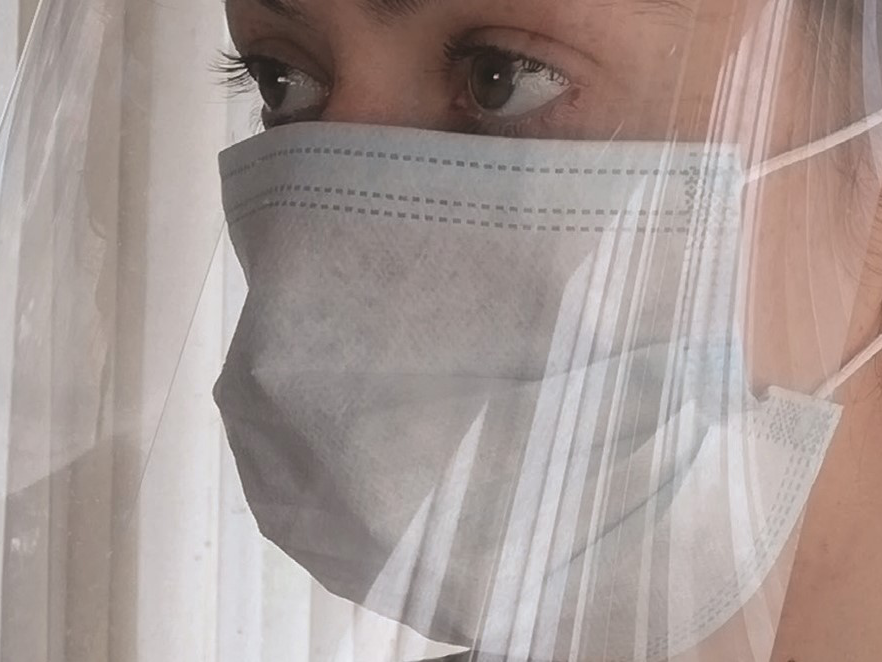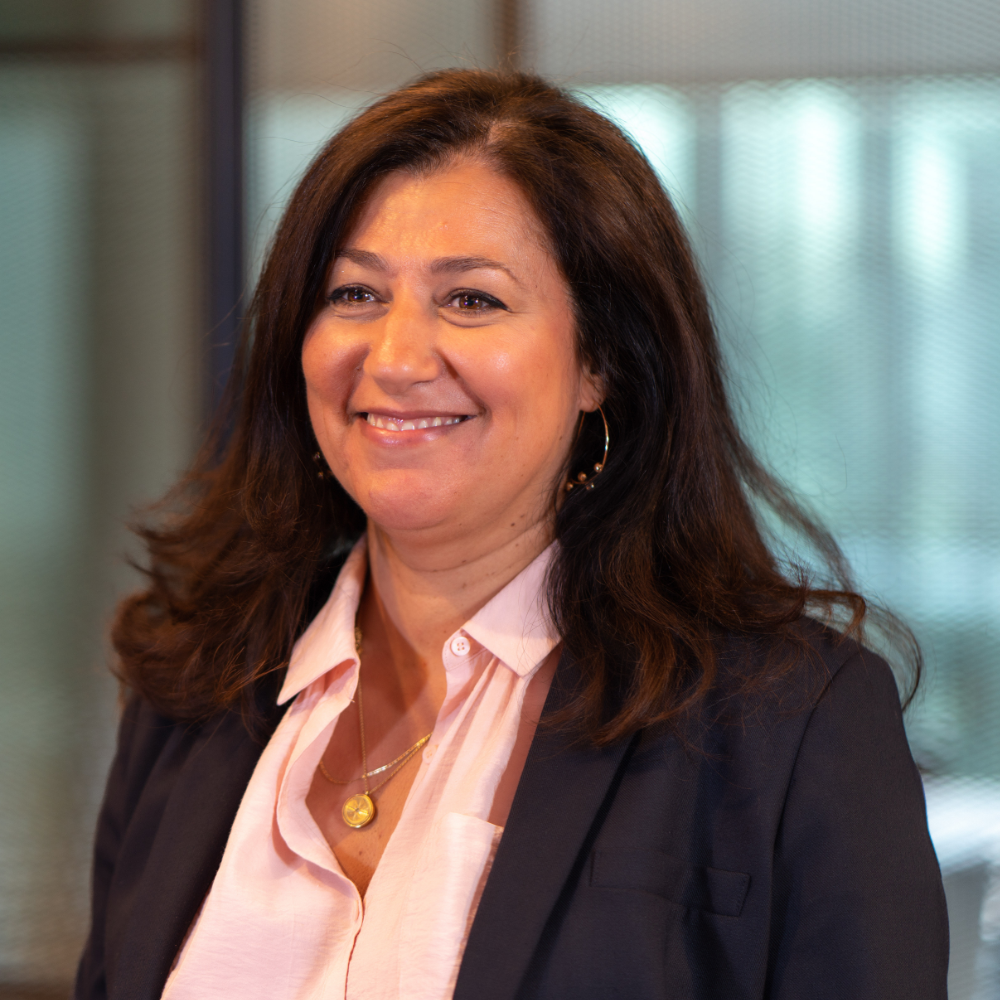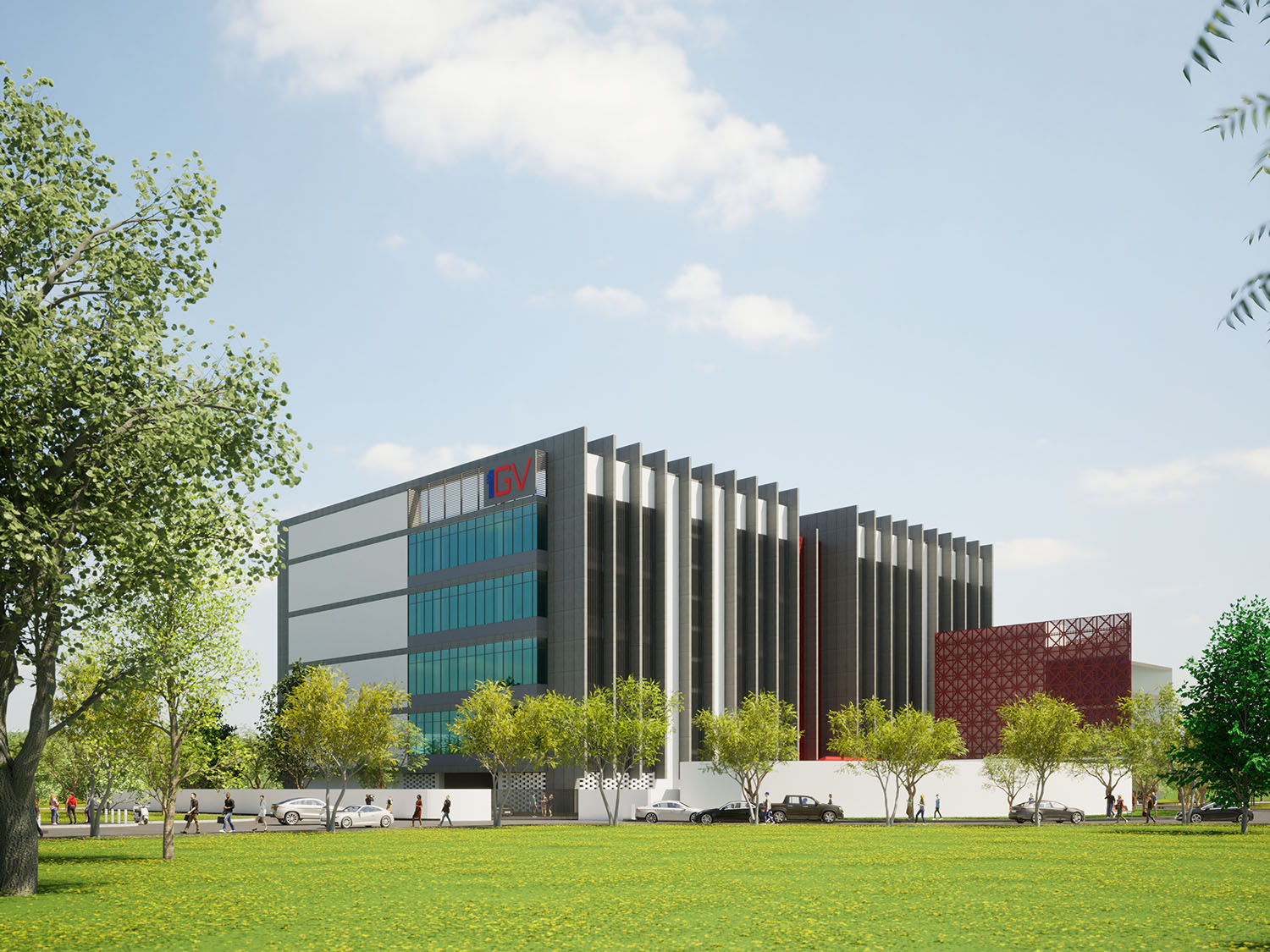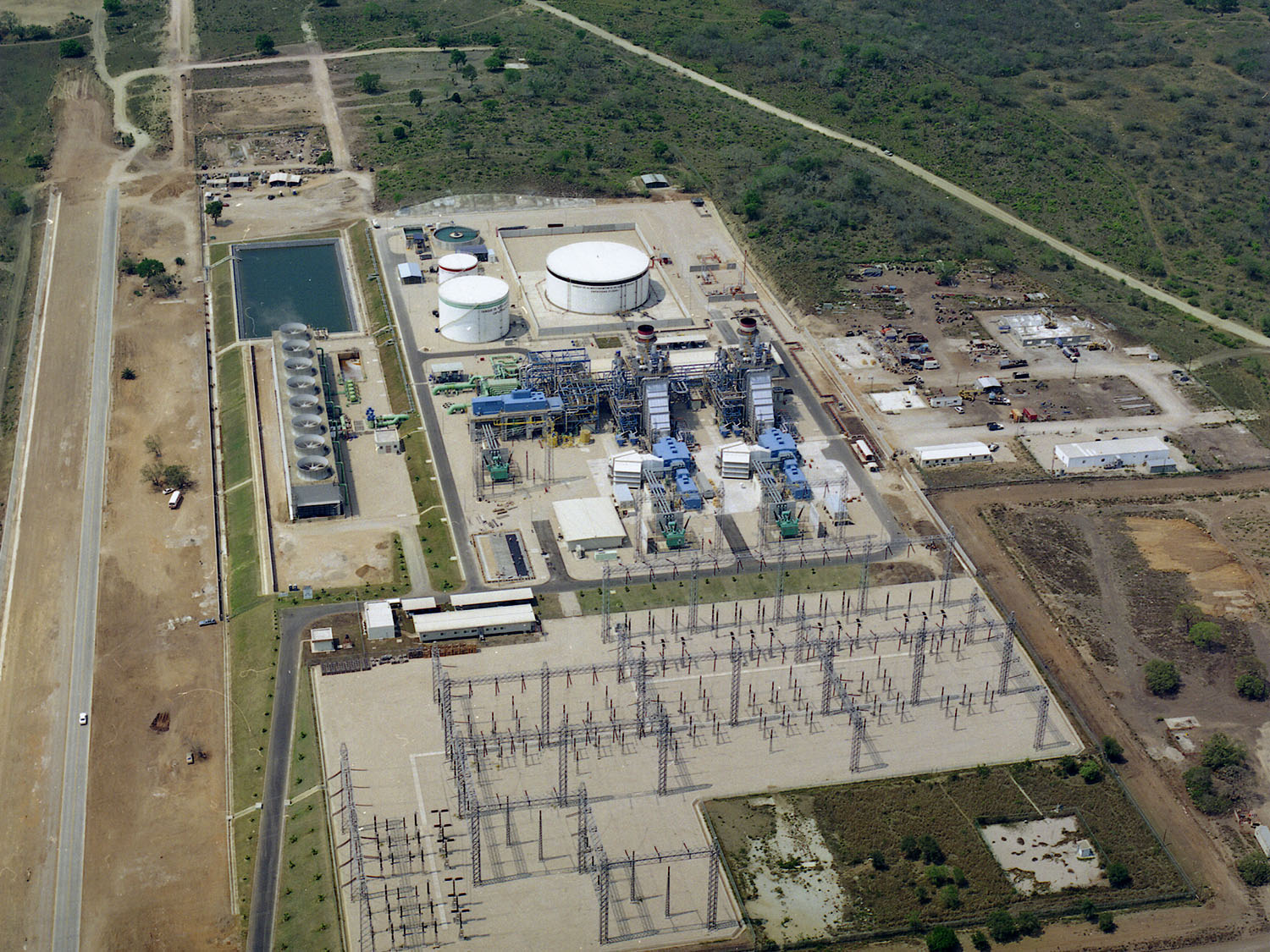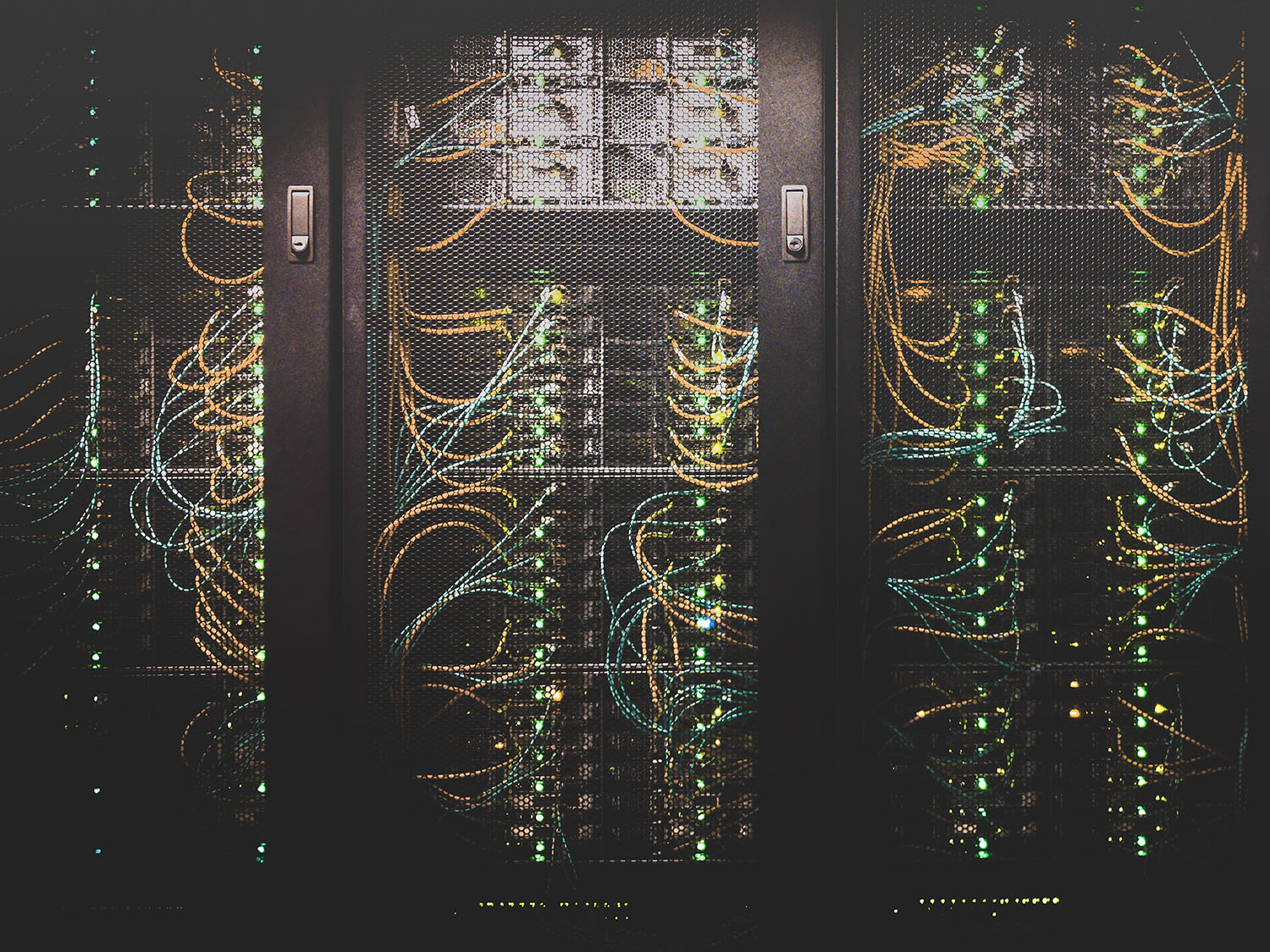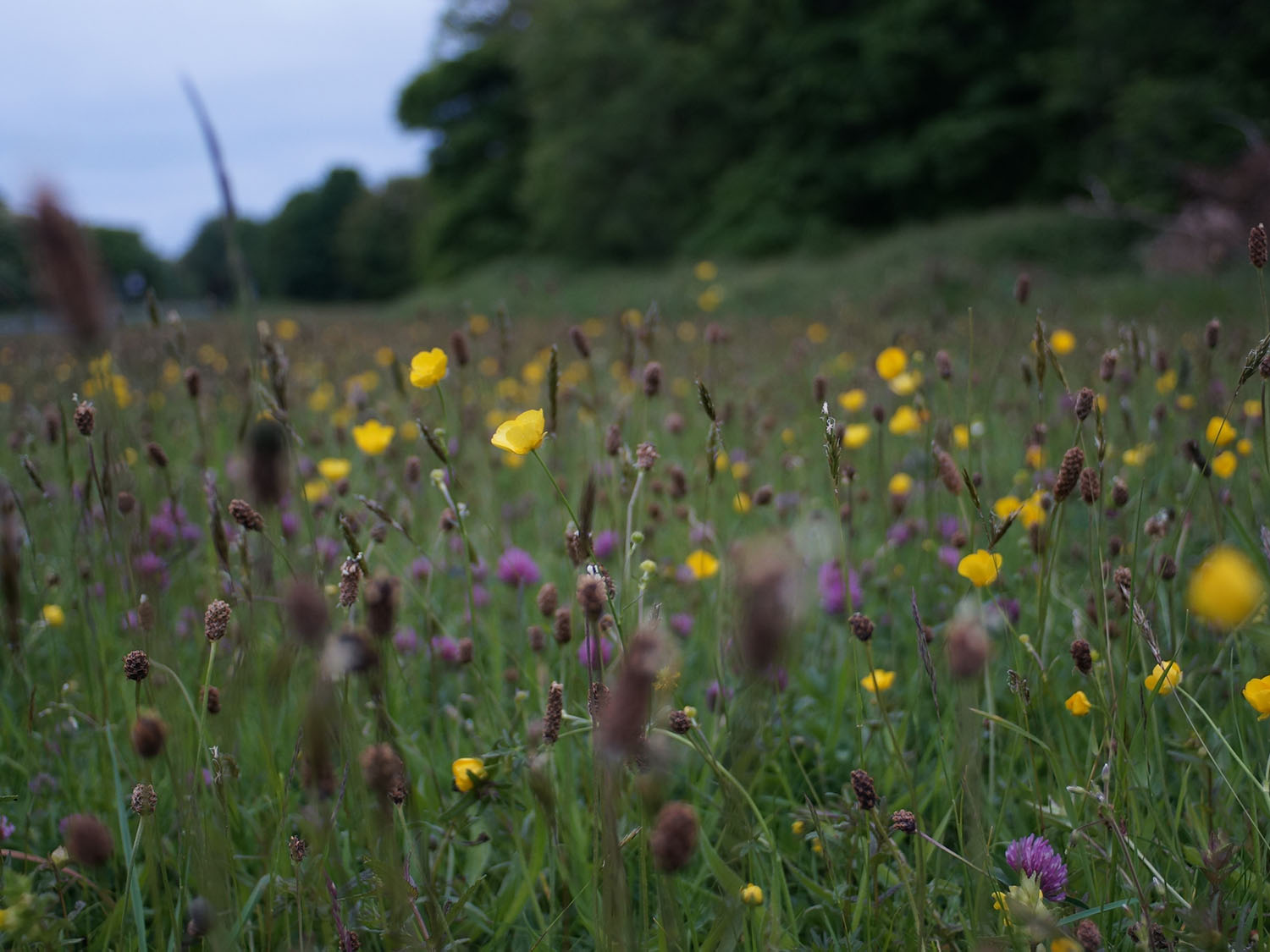At Actis, we have always had a very practical and hands-on approach of working in partnership with our businesses.
This has never been more true as the pandemic continues its global march across our markets. Today, we are in the trenches with our businesses, bringing our operational expertise and a singular focus on ensuring business continuity in the face of the virus.
We are leveraging the entirety of the Actis platform to:
Bring best practice in business continuity and disaster management – including ensuring each investment has fit for purpose business continuity and crisis management plans, and is benefitting from long term scenarios
Create opportunities for direct exchange of knowledge between our companies, and across asset classes (eg protocols for construction sites are equally relevant to a Real Estate site as they are to an Energy Infrastructure site)
Share lessons learned from our investments which bring valuable insights on resilience and how to plan for recovery
As an example our Energy Infrastructure companies provide essential public services through delivery of power to the grid and supply of electricity to households. It is crucial they continue to operate to support economic activity and the fight against the virus.
Our power generation sites are located in non-urban settings, often in close proximity to communities. It’s important to recognise that our key workers are members of these communities and therefore our businesses must consider how they can help quell the impact of the virus in their vicinity, to keep their own workforce (and their families) healthy, and to keep sites operational. This is even more important in regions where local authorities may be severely resource constrained.
So what are our businesses doing and how is Actis supporting?
We have mobilised all the ESG Heads, COOs and CEOs of our Energy Infrastructure businesses to ensure we are sharing approaches to COVID-19, and we will continue to do so. Our businesses are implementing a range of measures to support communities and combat the virus:
Liaising with authorities early (healthcare, education etc) to direct support to the most acute needs in the community – eg PPE and medical supplies for frontline healthcare workers in the nearest clinics/hospitals
Supporting local businesses to re-purpose (eg tailors/seamstresses make masks)
Collaborating with industry associations to coordinate responses and ensure efforts are additive not duplicative
Information campaigns in communities and schools – via physical and online channels – to help combat misinformation, deliver key facts in simple language and via WhatsApp videos from trusted Community Liaison Officers
Targeting females – communications aimed at women can be impactful given their role as carers of children, elderly, and regarding hygiene measures
Liaising with community leaders, faith leaders, NGOs and others who are trusted sources of advice, and who safeguard the vulnerable (heads of care homes)
Supplying communities in water-scare areas with additional water supplies (eg water tankers), as well as soap and hand gel to ensure hand-washing can continue
Purchasing staple foods and non-perishables to support foodbanks and food parcel deliveries to the most vulnerable
Post-pandemic: efforts will pivot towards livelihoods and upskilling and also psychological and mental health needs of the communities
Beyond business continuity objectives alone, this is a moment which provides our companies the chance to demonstrate their social responsibility and to live their values – in doing so, they deepen their license to operate and can emerge with enhanced relationships with employees, communities, authorities and regulators in a post-pandemic world.
Honoris United Universities, the first and largest pan-African network of private higher education institutions, has mobilised its team of scientists, doctors, engineers, students and professionals to a prototype for a new non-invasive respirator, as well as face shields and splash protection masks, which can be affordably and quickly manufactured via 3D printing. The ventilator design is an open-source software without patent and will be distributed for free to public health services.
Project lead, Professor Nidhal Rezg, said, “ It was critical to ensure it was affordable, easy and quick to produce and most importantly available to everyone. The device can be easily duplicated in different countries in Africa and around the world using software that can be downloaded – and it comes with a free instruction manual for ease of use. It has also been designed to be used in both a hospital and a home setting.”
